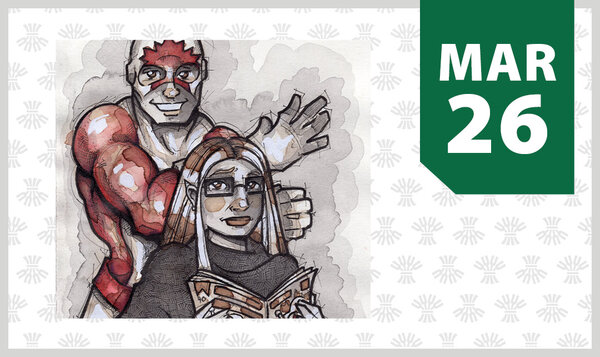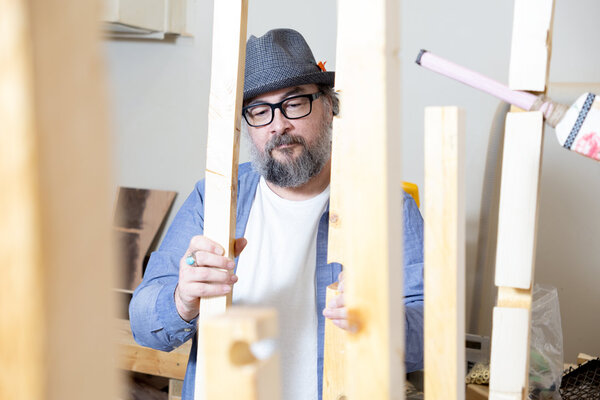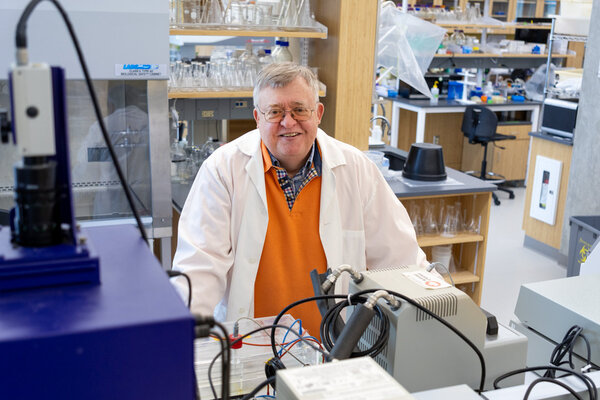
New USask group unites Indigenous students in STEM
Thirteen students from across campus will attend a conference in Montreal from March 1-3
By Shannon Boklaschuk
A new group co-founded by two University of Saskatchewan (USask) undergraduates is aiming to unite and empower Indigenous students from across campus who are studying in the sciences.
Micheala Merasty and Julia Doucette-Garr are pursuing degrees in environmental biology and physics, respectively, through USask’s College of Arts and Science. In January, they started USASK.caISES, the first student chapter of the Canadian Indigenous Science and Engineering Society (.caISES) at USASK. It’s the fifth student .caISES chapter at a Canadian university and is open to Indigenous students pursuing degrees in the science, technology, engineering and math (STEM) fields.
Doucette-Garr said the idea to start the USask group was sparked after she and Merasty attended a .caISES conference in Calgary in 2018, which she described as “very inspiring.”
“There’s a lot of successful Indigenous people in the STEM field and it was very nice to see that,” she said.
Soon, 13 members of USASK.caISES will travel to Montreal to attend another .caISES gathering. The second annual .caISES conference, which will be held at McGill University from March 1-3, will bring together Indigenous STEM students and professionals for mentorship and to discuss STEM education and share success stories.
Merasty and Doucette-Garr will give a presentation at the conference with their USASK.caISES mentor Dr. Sandy Bonny (PhD), who is also the College of Arts and Science’s coordinator of Indigenous Student Achievement Pathways (ISAP) and STEM Pathways.
While some science equity conferences tend to talk about underrepresented groups rather than talk with them, that will not be the case with the .caISES gathering, Bonny said.
“It’s people who are underrepresented talking about their experience and sharing lessons laterally,” she said.
The conference is entitled “TEWATSENTÓNTHO—We Add More Wood to the Fire.” It is organized under the leadership of the Canadian Indigenous Advisory Council (CIAC) of the American Indian Science and Engineering Society (AISES) and will bring AISES’ 40 years of STEM learning and community-building experience to Montreal.
Merasty is looking forward to the conference. She’s also enthusiastic about the new group she co-founded with Doucette-Garr, which she described as “creating bridges between all these different colleges” at USask.
“I feel like bringing together a group of students from STEM . . . you can relate to each other and be able to provide that peer support system,” she said.
Bonny acknowledged “students supporting students is really powerful,” adding “they also know more what they might need to stay motivated in their studies.”
“Having students drive and help direct what we facilitate on campus, I think, is really cool,” she said.
Currently, there are more than 20 USASK.caISES members from various colleges, including arts and science, agriculture and bioresources, engineering and nursing. Merasty and Doucette-Garr, who are both in their third year of studies, hope the chapter continues after they graduate. They encourage other USask Indigenous students in the STEM disciplines to get involved.
“I feel like it’s very important to have this type of group on campus, especially with decolonizing (education),” Merasty said, adding she finds it to be beneficial to be surrounded by people with similar academic interests.
“You learn the material well when you have a discussion about it.”
USask will host the third annual .caISES conference in spring 2020.


